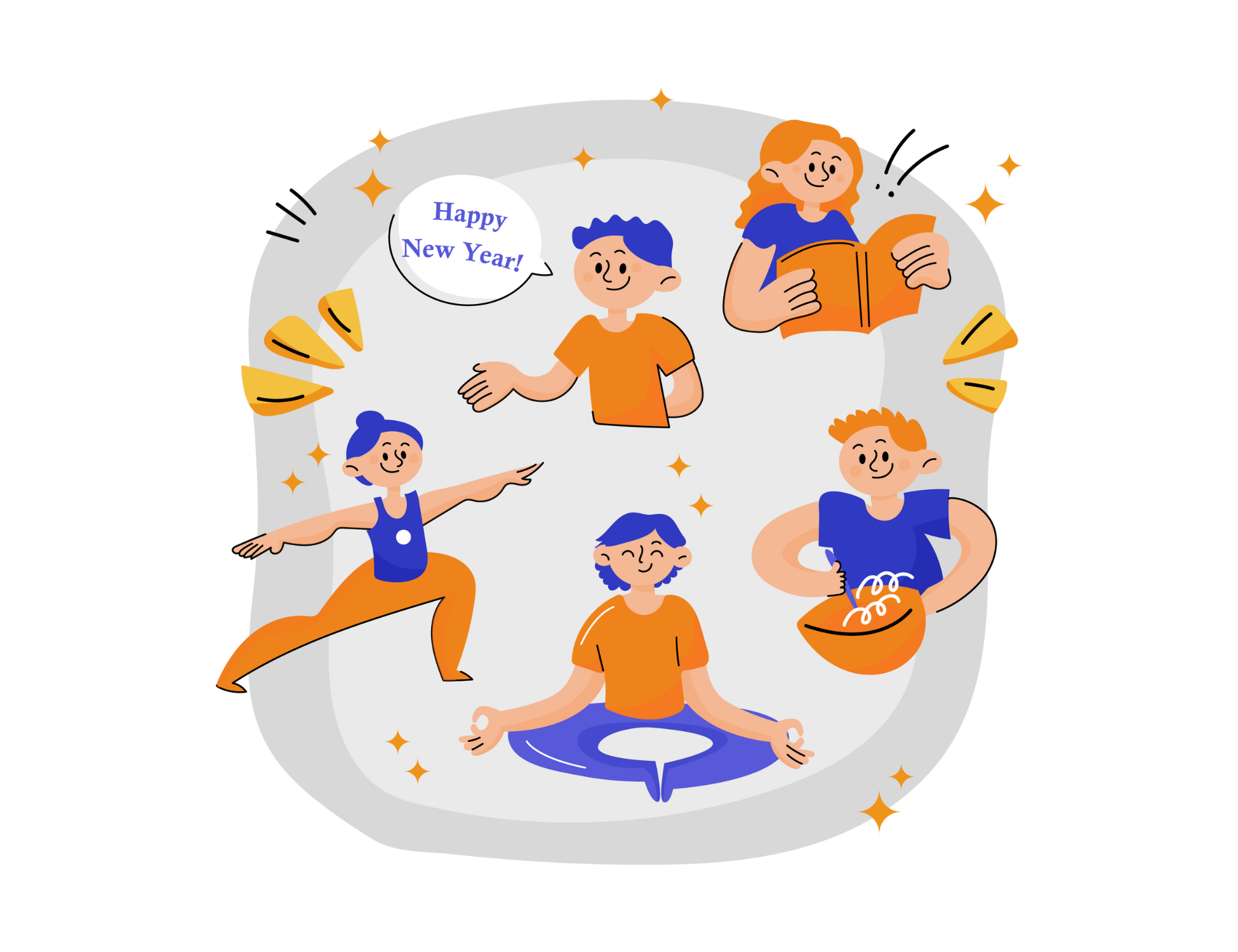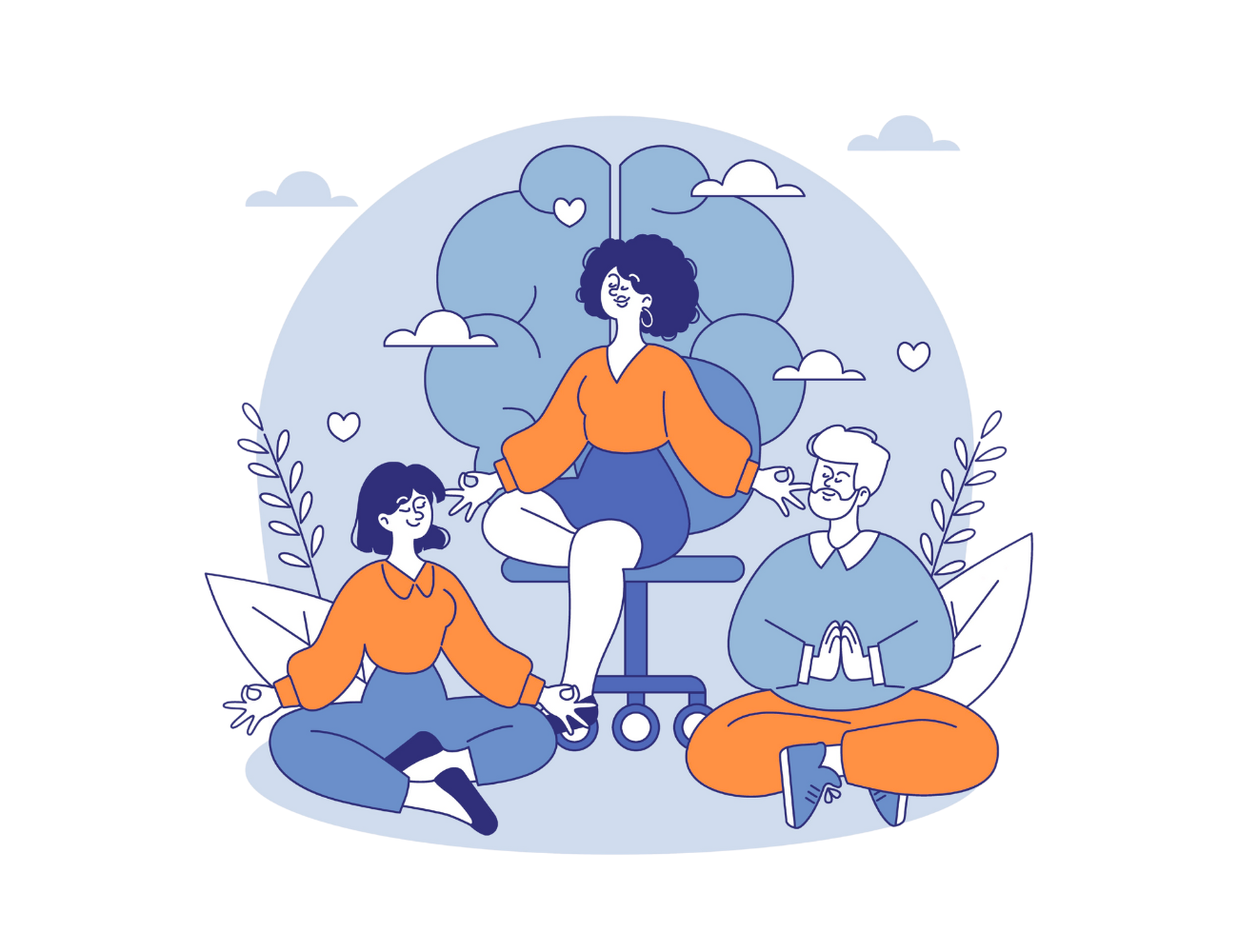In an effort to deal with the added anxiety of a pandemic, employees are turning to the nostalgic comfort of their favorite movies, music, and hobbies from decades ago. An article from The New York Times delves into this unique method of stress relief and uncovers many ways that individuals around the world are using cherished entertainment and activities to improve mental and emotional health. By escaping into the past, these workers report feeling happier, less conflicted, and hopeful.
In a year where nothing seems to have gone as expected and what the future holds has been of constant worry to many, the predictability of old favorites offers up comfort and simple joy. Movies like Jurassic Park (1993), Star Wars: The Empire Strikes Back (1980), Hocus Pocus (1993), and The Goonies (1985) have all hit box office highs in the past months as these classics have been featured at drive-in theaters that can accommodate social distancing recommendations. Of course, this year has not seen too many new-release films due to COVID-19-related concerns and impacts, but people aren’t turning to these throwbacks just because they have nothing else to do.
While this may sound like an unusual approach to serious mental and emotional health issues, there is research backing up claims that blasting ‘90s pop, playing old board games, or returning to a past hobby might have tangible wellness benefits by boosting optimism, confidence, and mood.
“We feel that we have lost footing at the present time, and we gain some comfort by taking a step back and revisiting something that reminds us of a time that we used to feel more connected with other people,” says Dr. Wing Yee Cheung, an Associate Professor in Psychology at the University of Winchester in England who studies nostalgia. “It gives you energy to cope with what is going on now and move forward.”
These positive changes can last a few minutes or an entire day. Dr. Lasana Harris, an Assistant Professor of Psychology at University College London, explains: “It changes the narrative you’re constantly telling yourself—reminding yourself you do have people who love and care for you even if you haven’t had a hug in a while.”
Wellness Isn’t Just Dieting, Exercising
Conjuring nostalgia is an effective (and fun) way to boost well-being and bring families and communities together, especially at a time when so many feel isolated. This is an incredible example of how wellness should not be limited to traditional views of health that start and stop with dieting, exercise, and doctor visits. While those are great ways to accomplish certain health goals, they miss a great deal of nuance when it comes to supporting someone’s overall well-being. A complete view of wellness considers all the physical, mental, emotional, spiritual, social, financial, and personal aspects of an individual’s life.
As employee wellness programs continue to trend towards this more productive and effective approach of holistic health, companies should not shy away from using unique methods—like putting on an old movie marathon—to foster a happier, healthier, and more productive workforce. In this case, employers can easily educate their employees about the benefits of simply listening to favorite music from the past or returning to an old hobby that conjures fond memories. While it costs nothing to educate workers about this tip, employers can also go a step further by arranging a social event for watching a classic movie. If it is not feasible to do an event in person, these events can be virtual and support casual conversations over online communication. This can be an effective way to boost a sense of connection between colleagues, as many are working remotely and teams are struggling to feel a sense of belonging.












